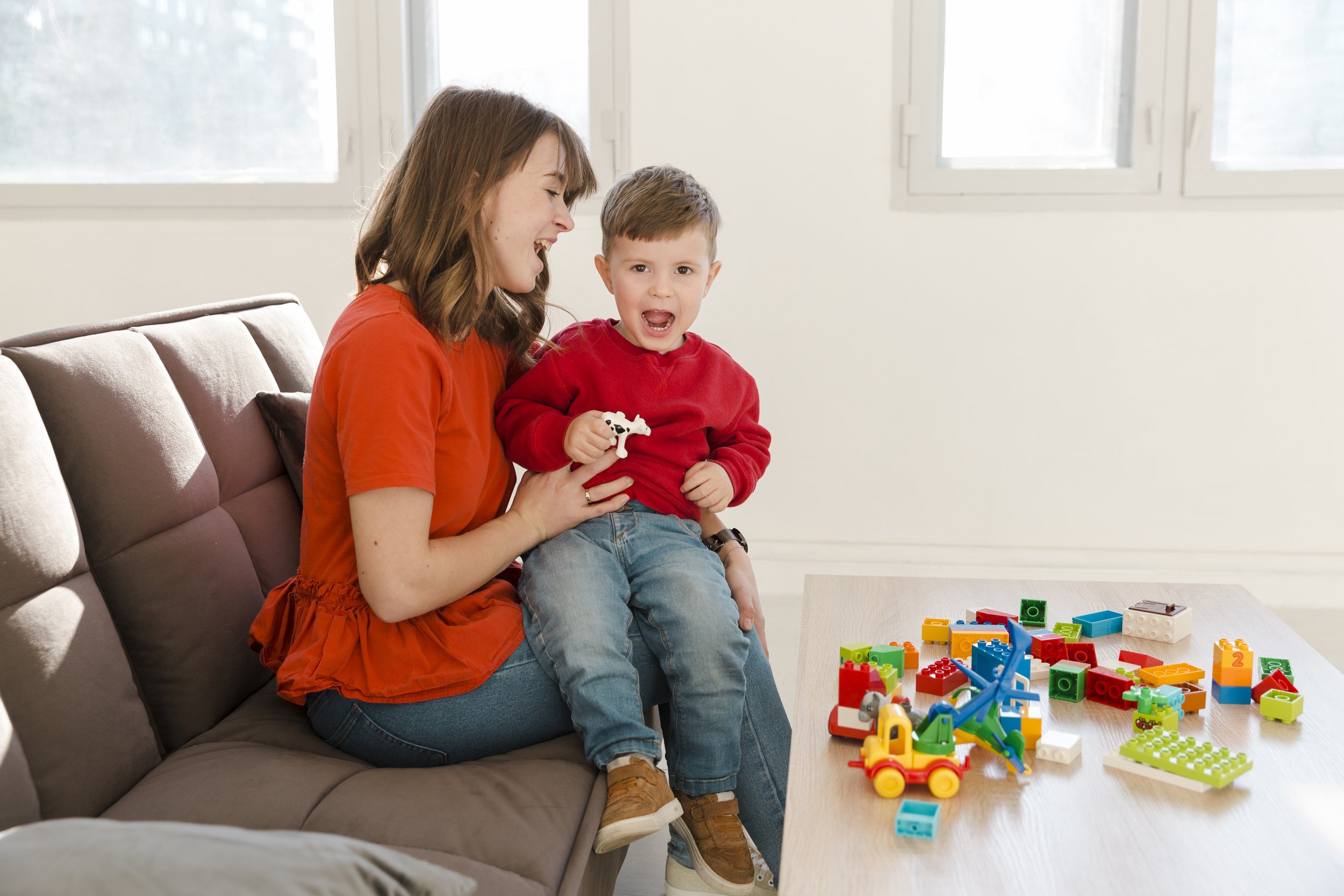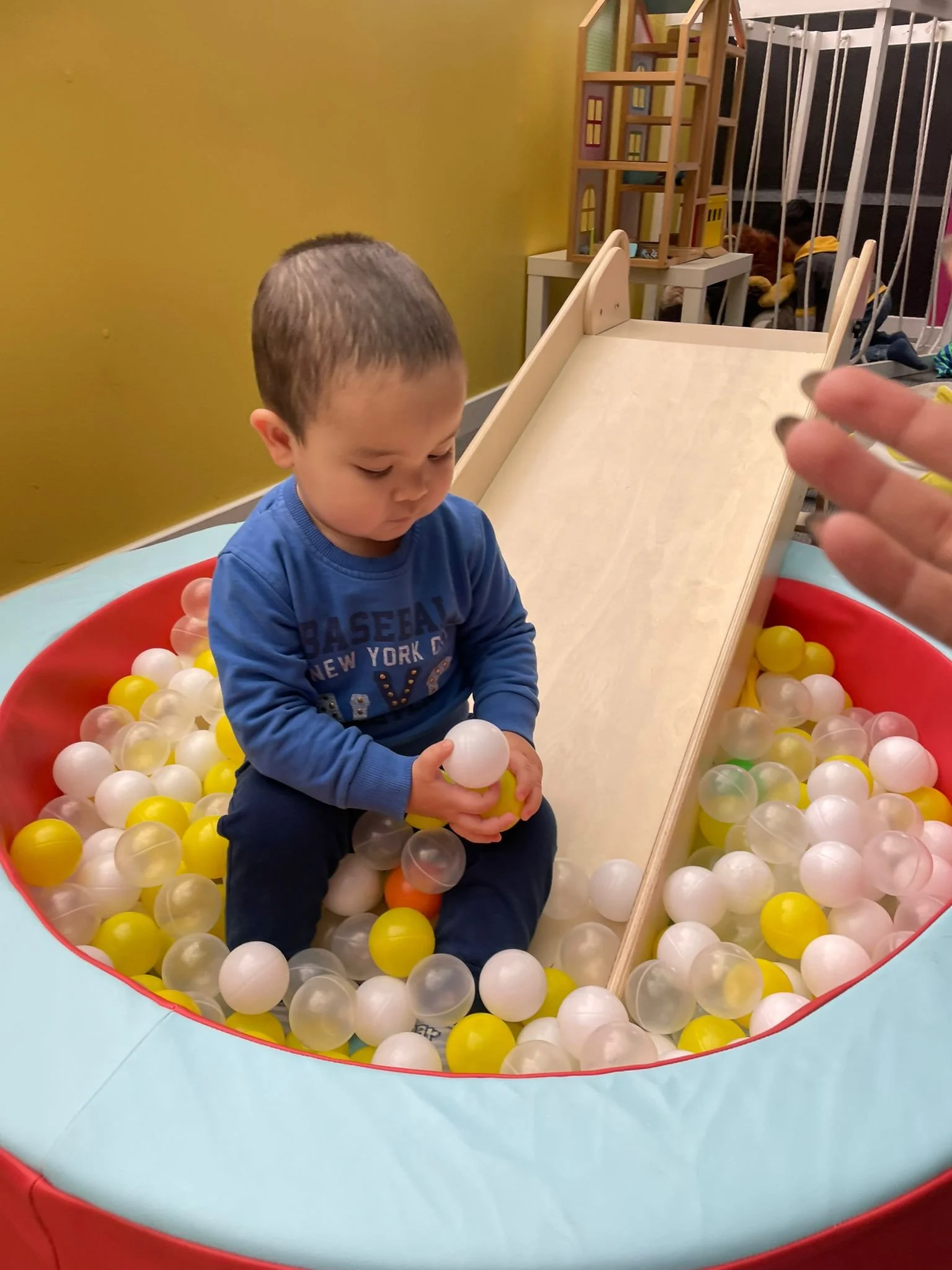Autism Parenting Tips
Children with Autism are Unique Individuals
They can have a wide range of abilities and challenges. However, there are some common characteristics associated with autism that can affect their social interactions, communication, and behavior. For example:
Social interaction: Children with autism may have difficulty connecting with others, understanding social cues, and initiating and maintaining friendships. They may also struggle with empathy and understanding others’ emotions.
Communication: Children with autism may have difficulty with spoken language or may not develop speech at all. They may also have trouble with nonverbal communication, such as gestures and eye contact.
Behavior: Children with autism may exhibit repetitive behaviors, such as hand-flapping or rocking, or engage in restrictive and repetitive interests, such as lining up toys. They may also be sensitive to certain stimuli, such as sounds or textures, which can lead to sensory overload.
To work with children with autism, it is important for parents to understand their unique strengths and challenges. Here are some tips for supporting children with autism:
Communication: Encourage your child to communicate in ways that work best for them, whether it be through gestures, words, or pictures. Provide a predictable routine and structure to help your child feel secure and reduce anxiety.
Social interaction: Help your child practice social skills in a safe and supportive environment, such as playing with a sibling or a peer with similar interests. Encourage your child to participate in activities with others and provide opportunities for them to form relationships.
Behaviors: Work with your child’s therapist to develop a behavior plan that addresses any challenging behaviors and provides positive reinforcement for appropriate behaviors. Consistency and predictability can also help your child feel more secure and reduce anxiety.
Sensory sensitivities: Try to understand your child’s sensory sensitivities and work to accommodate them. For example, if your child is sensitive to loud noises, use noise-cancelling headphones during activities that may be loud.
Remember, every child with autism is different, and what works for one child may not work for another. Be patient, be understanding, and work together with your child’s team of therapists and teachers to support their development and success.


